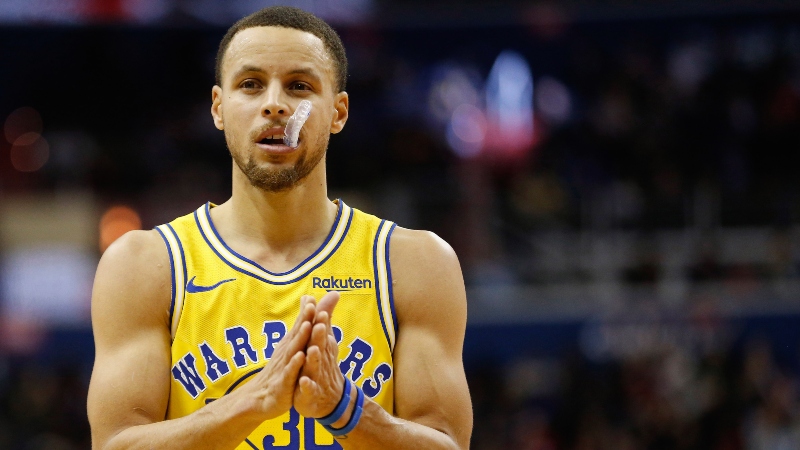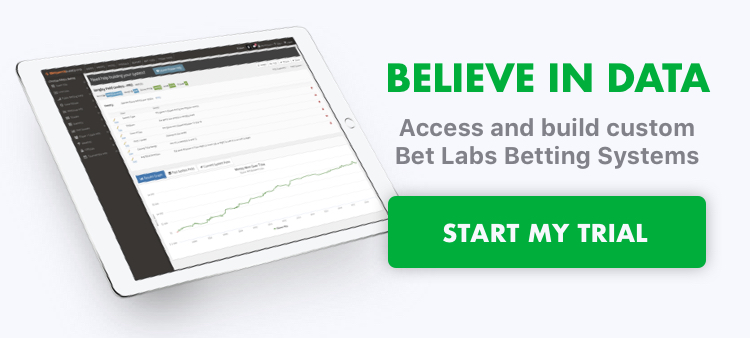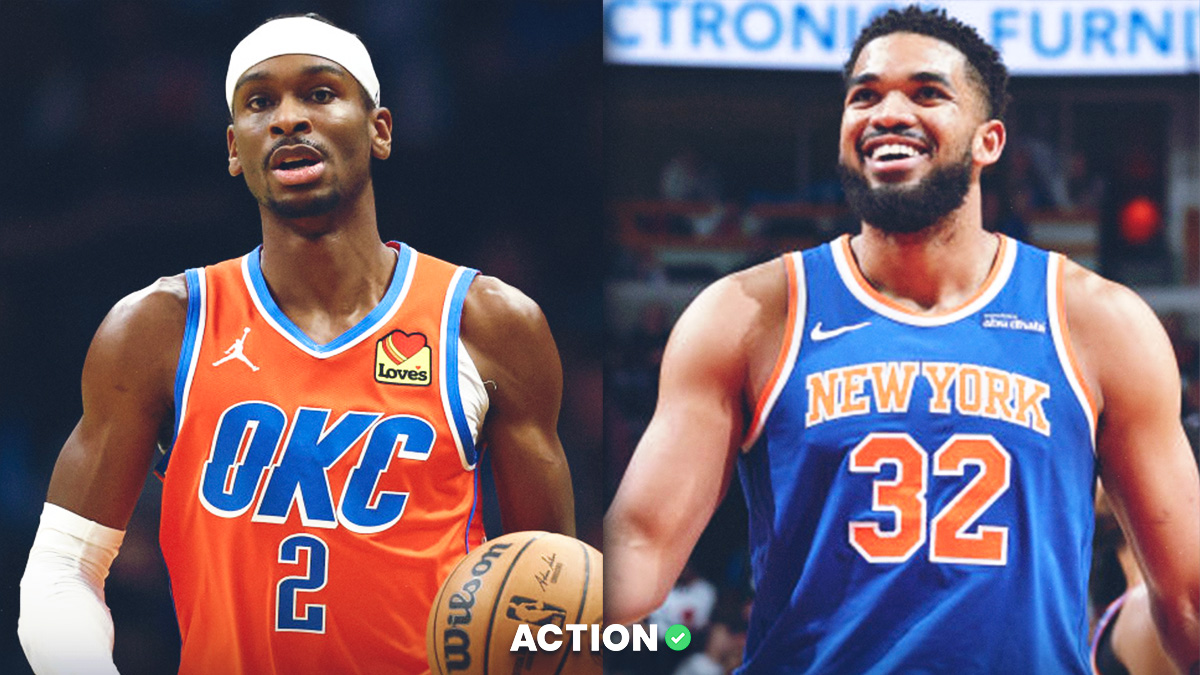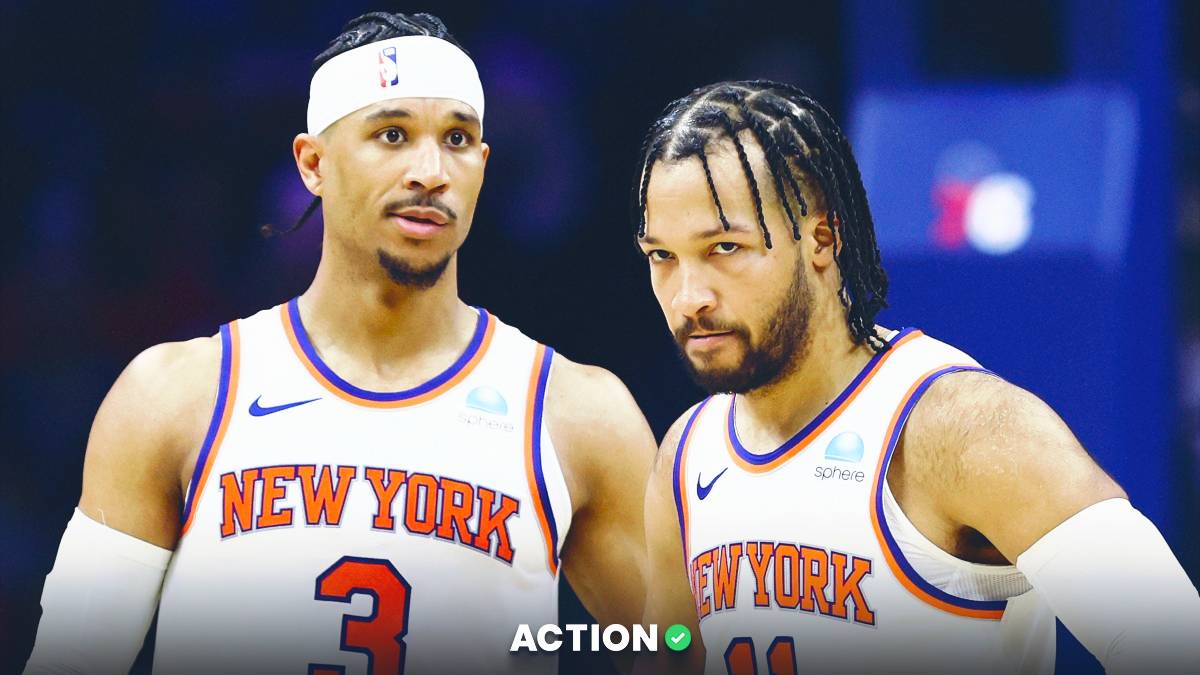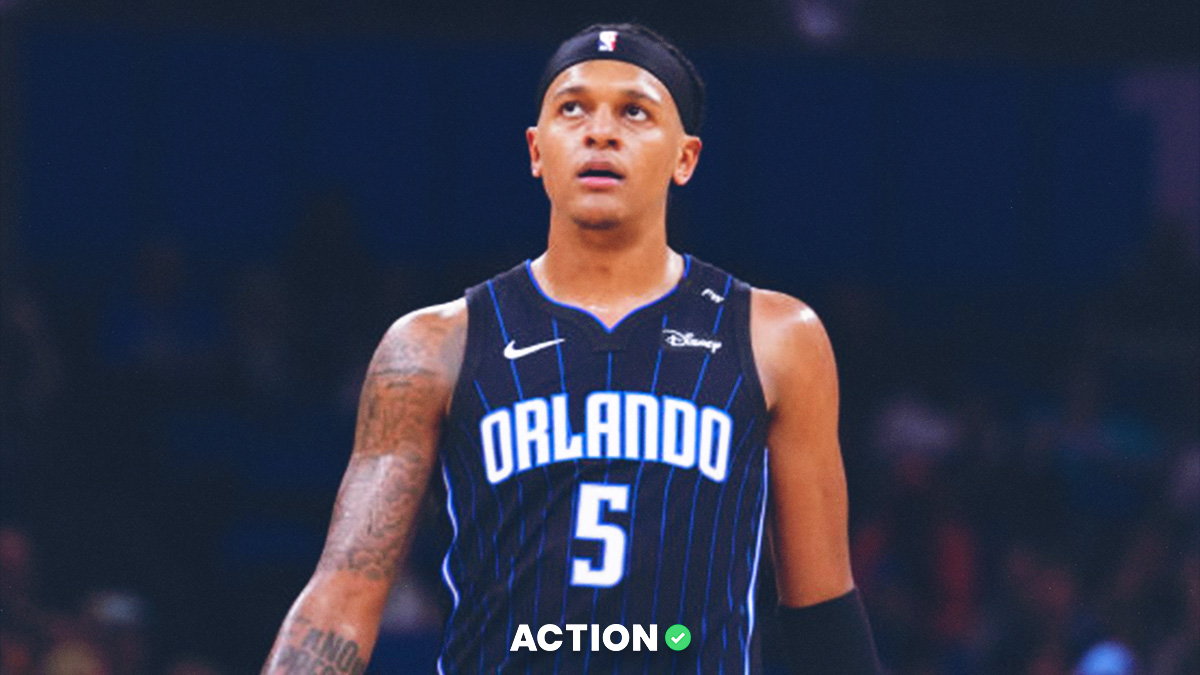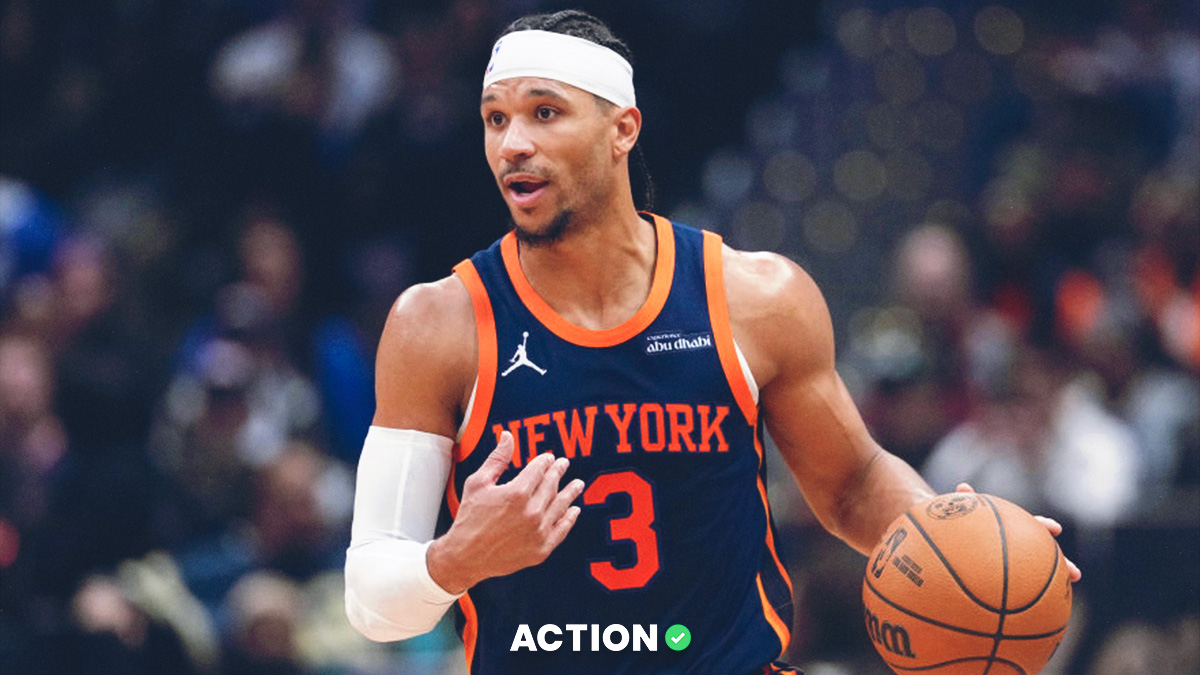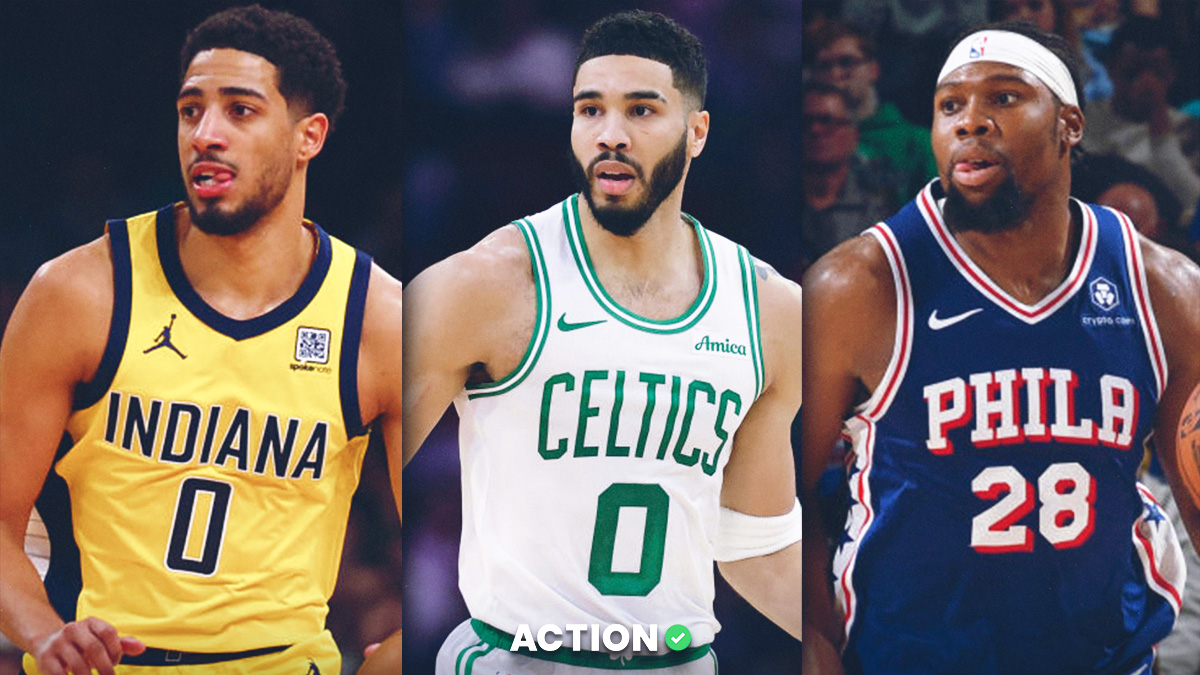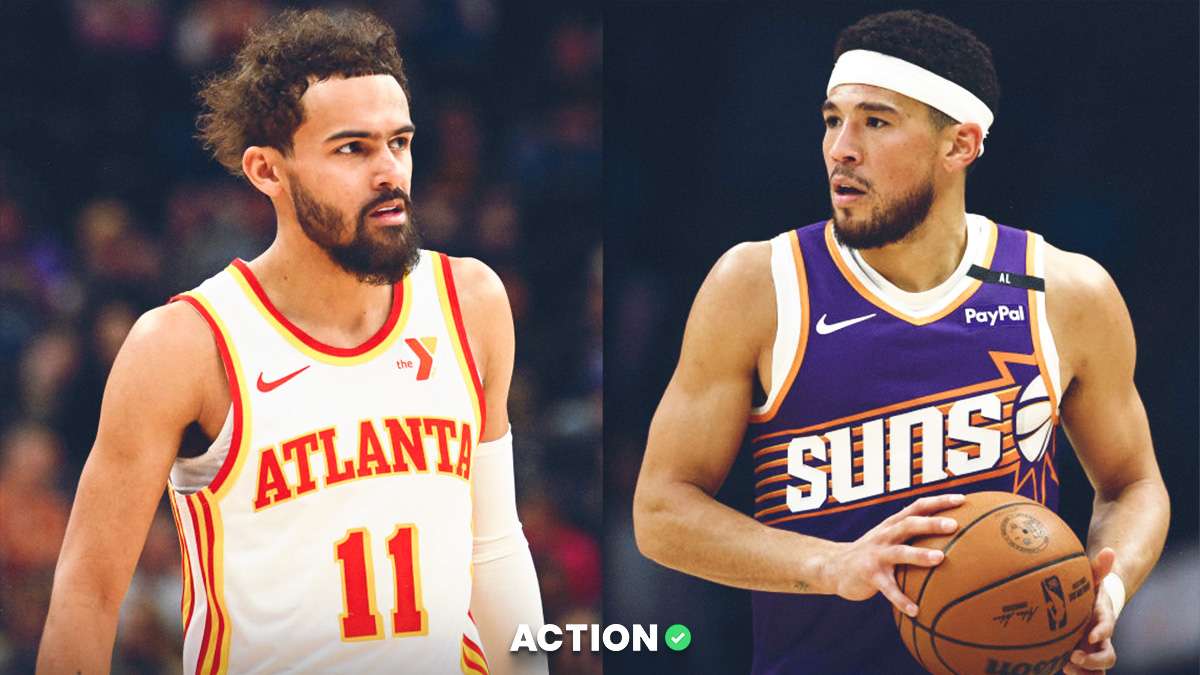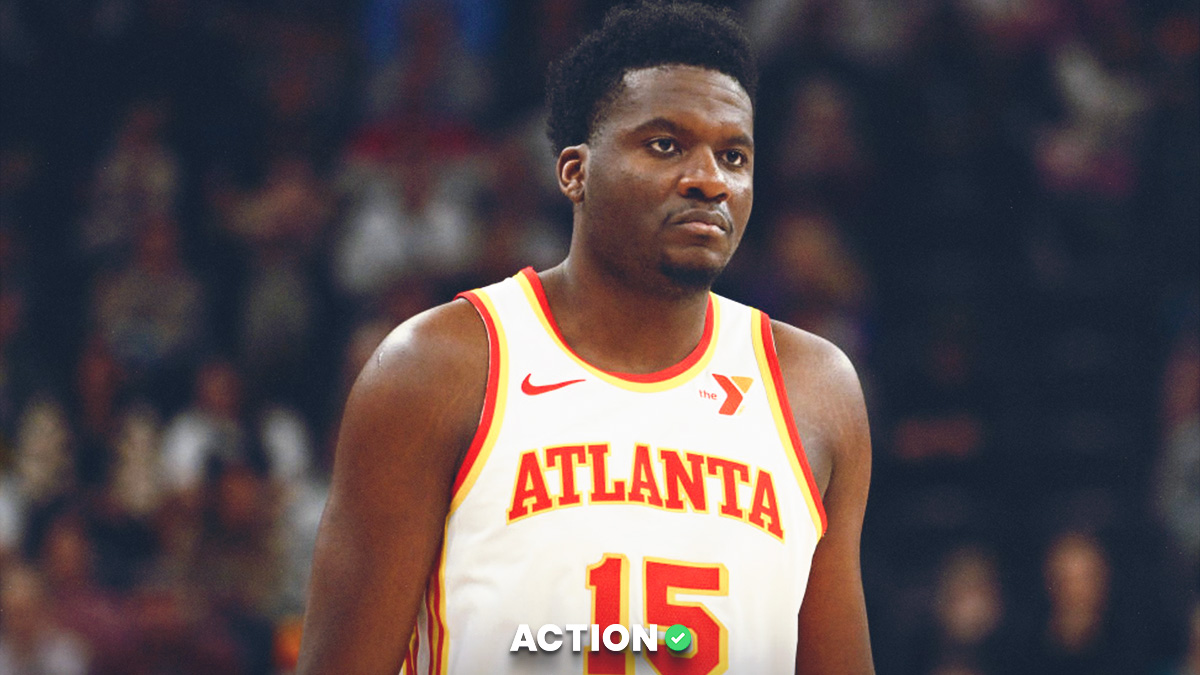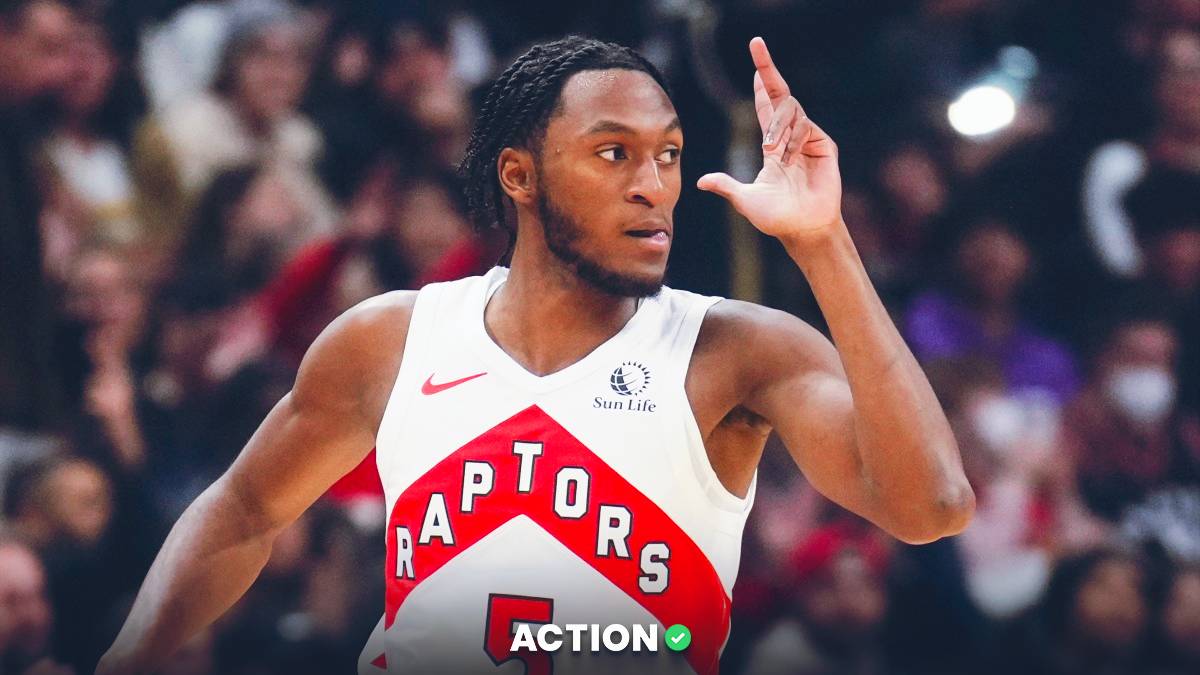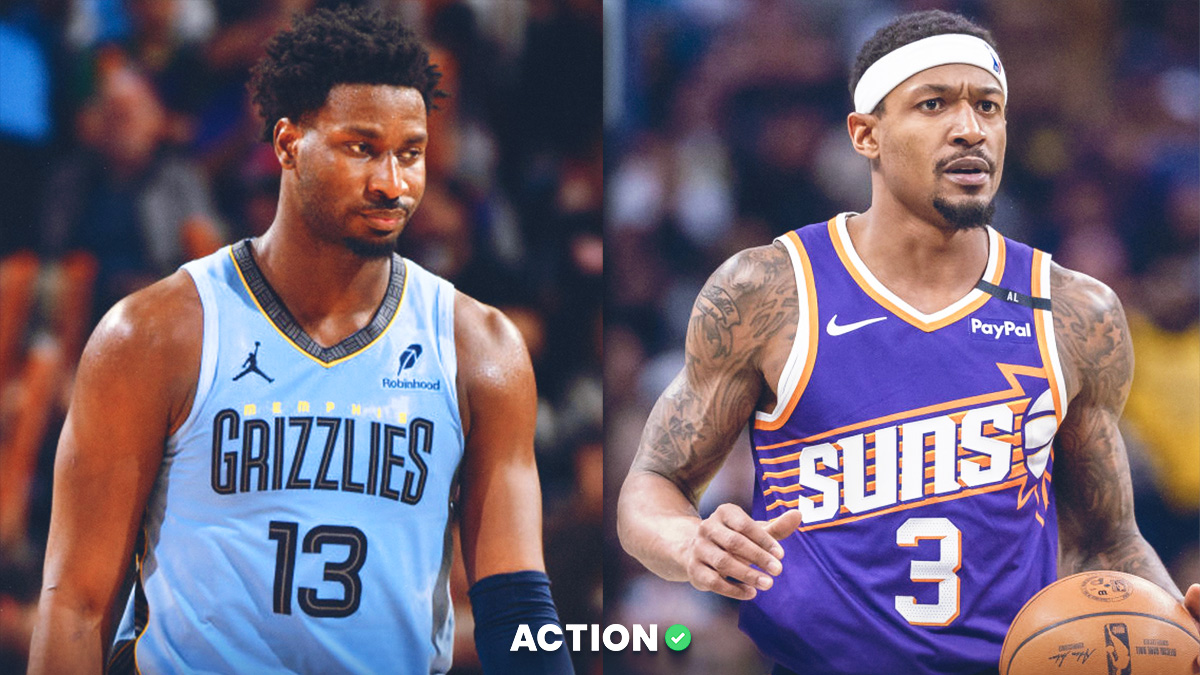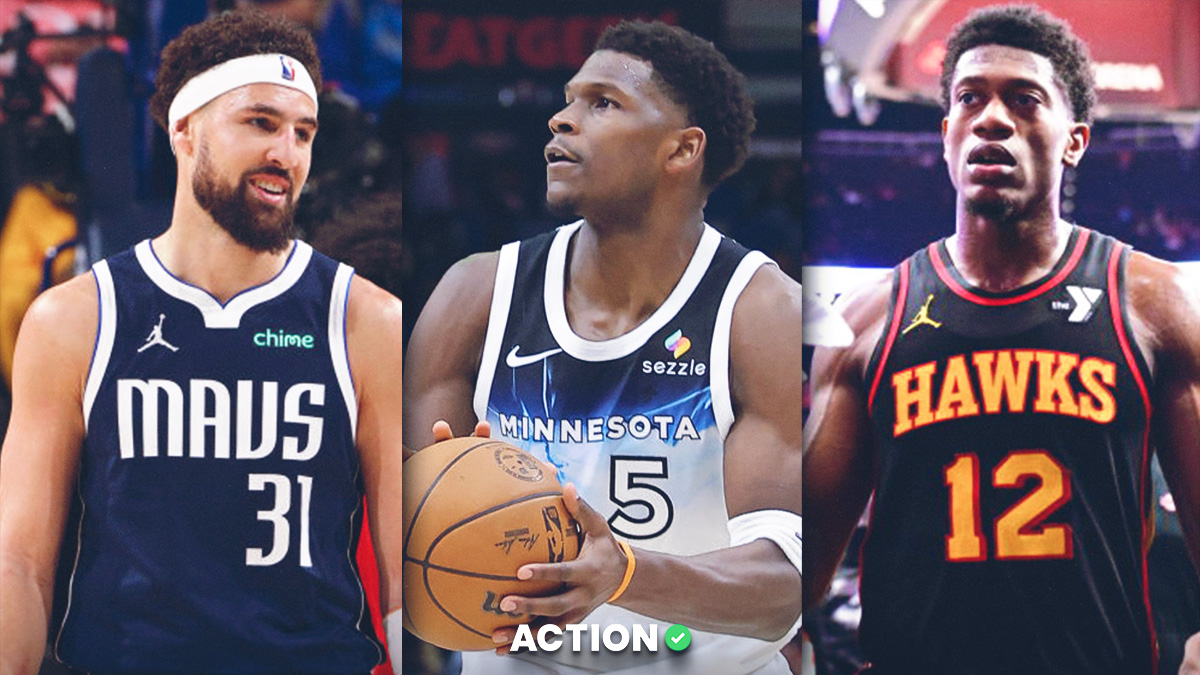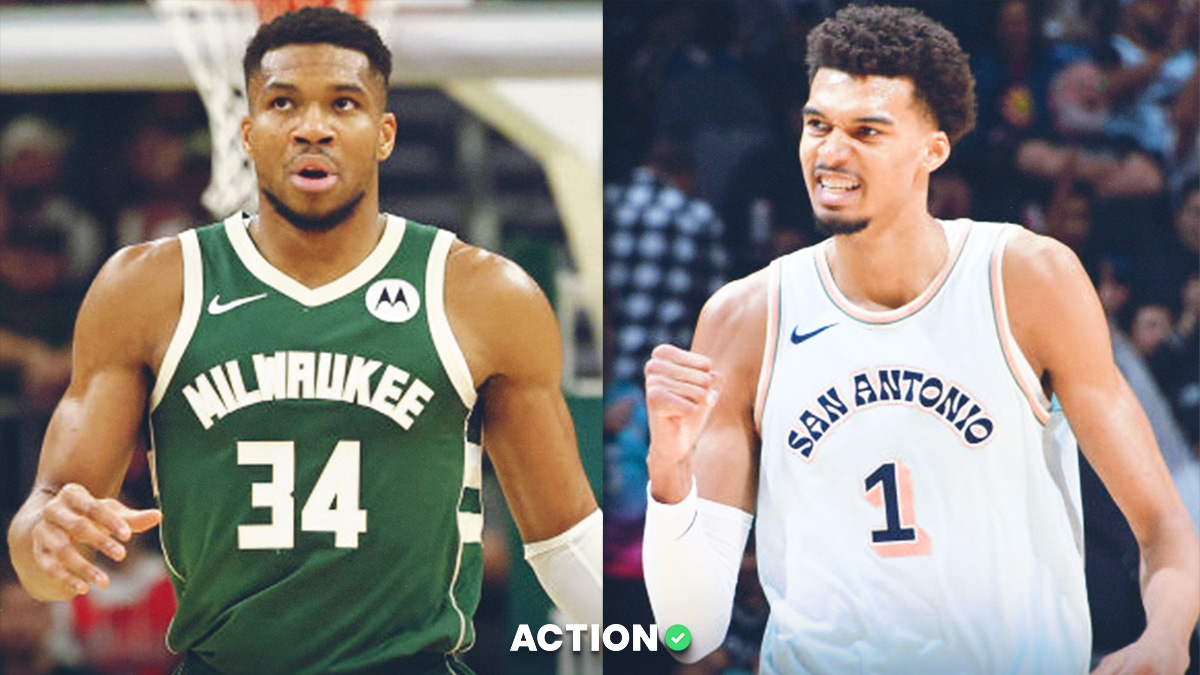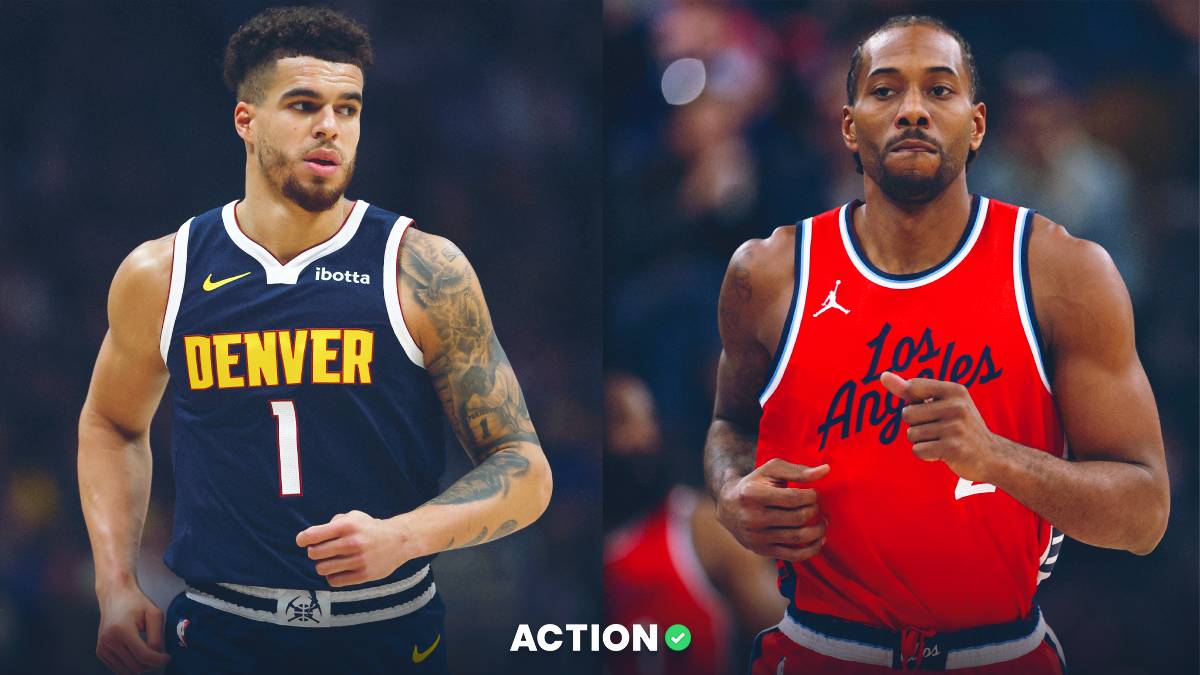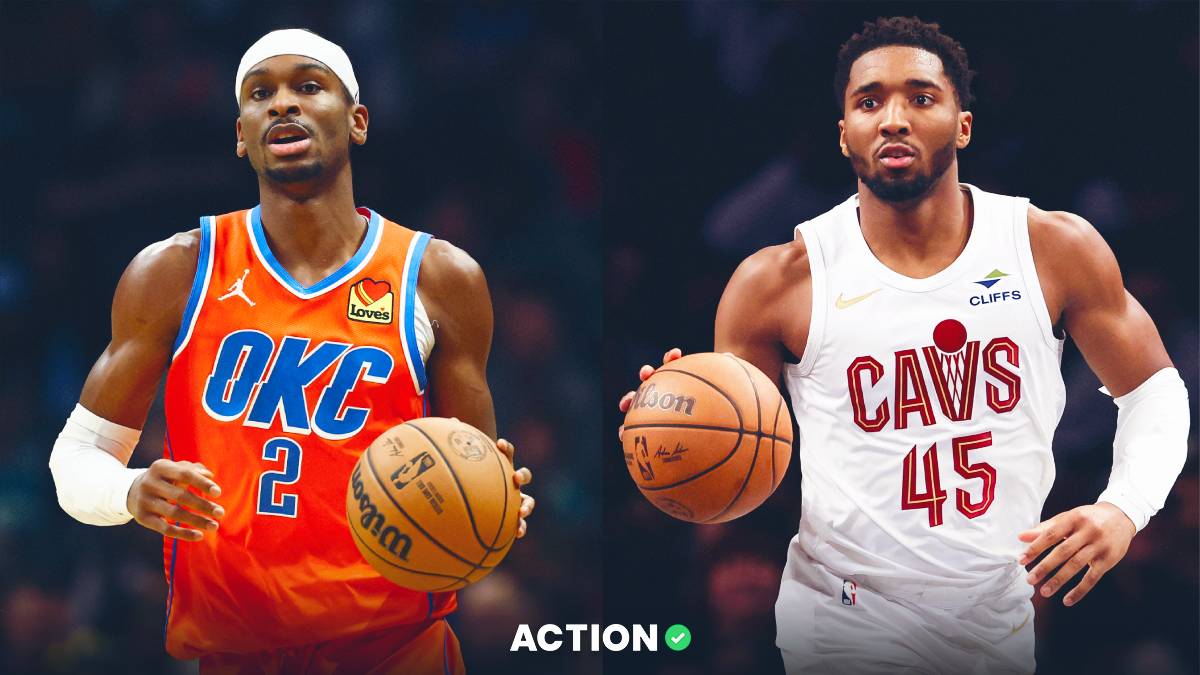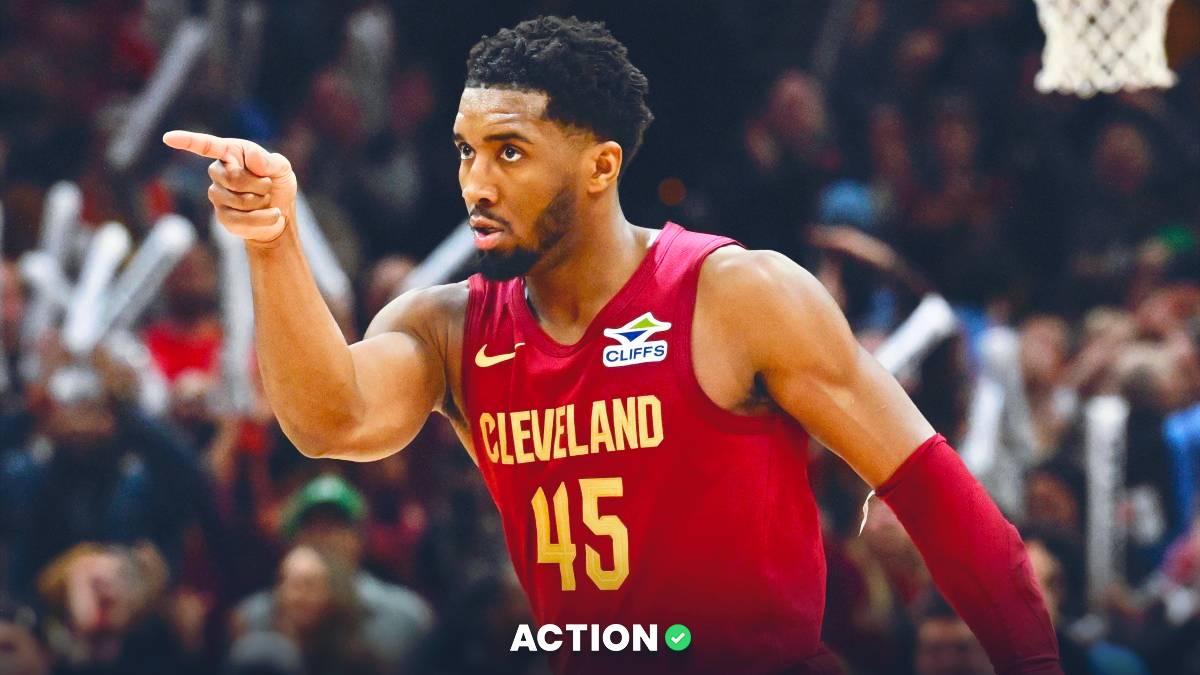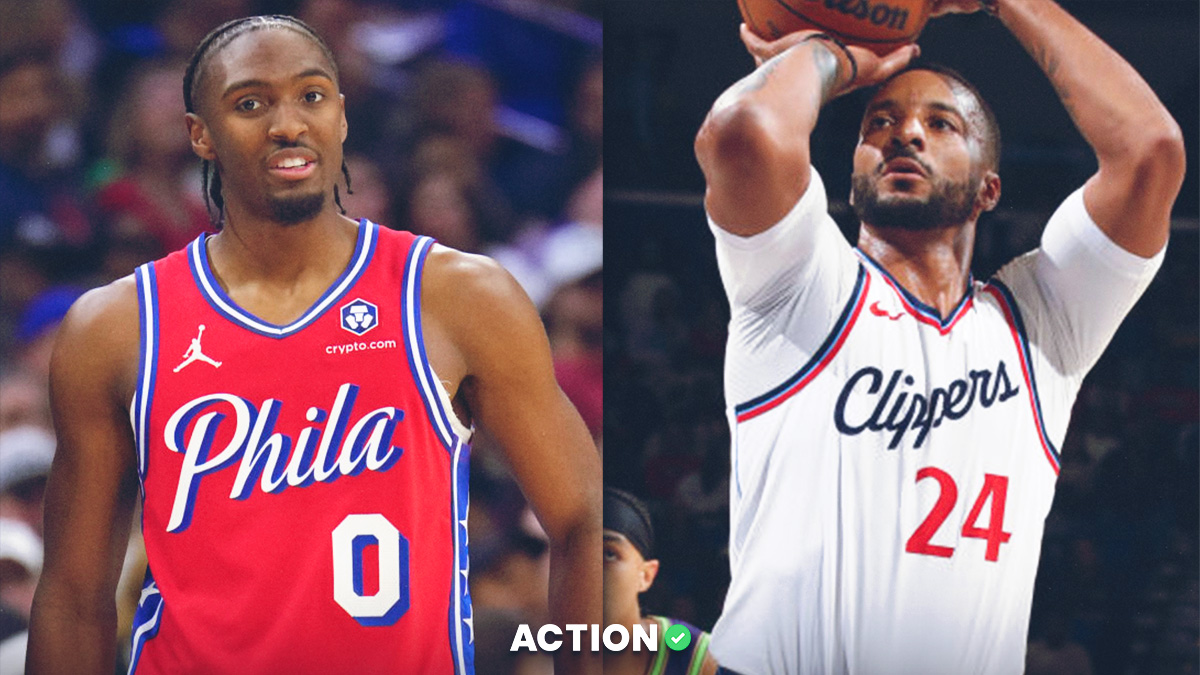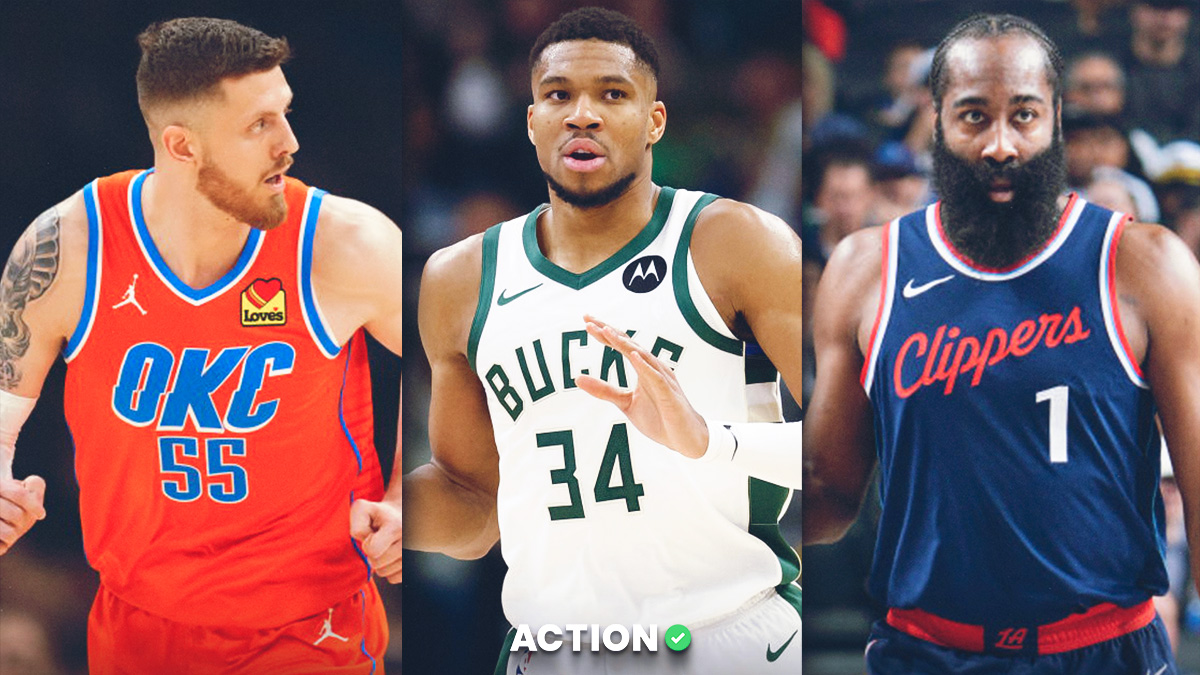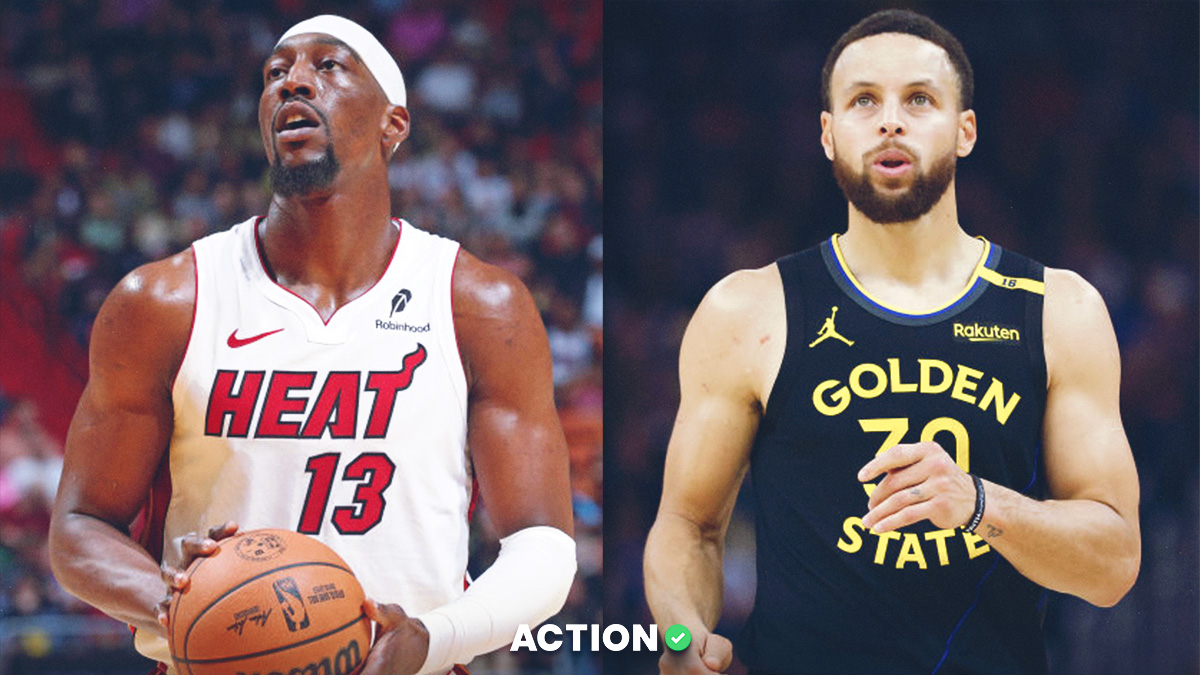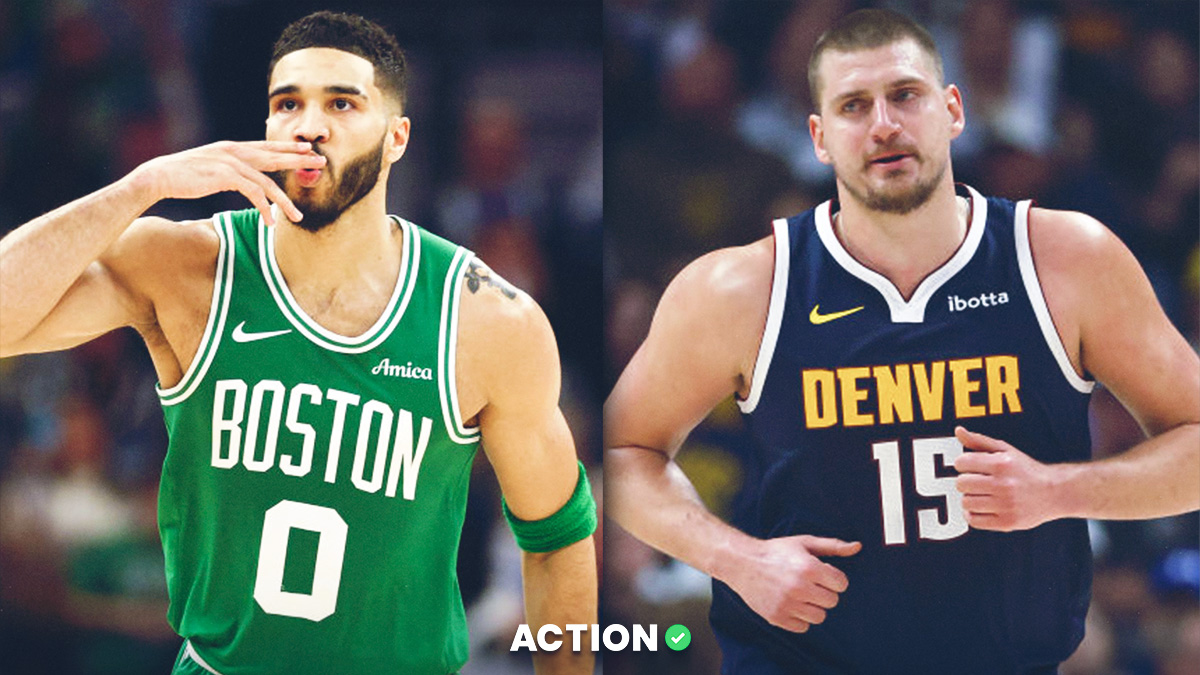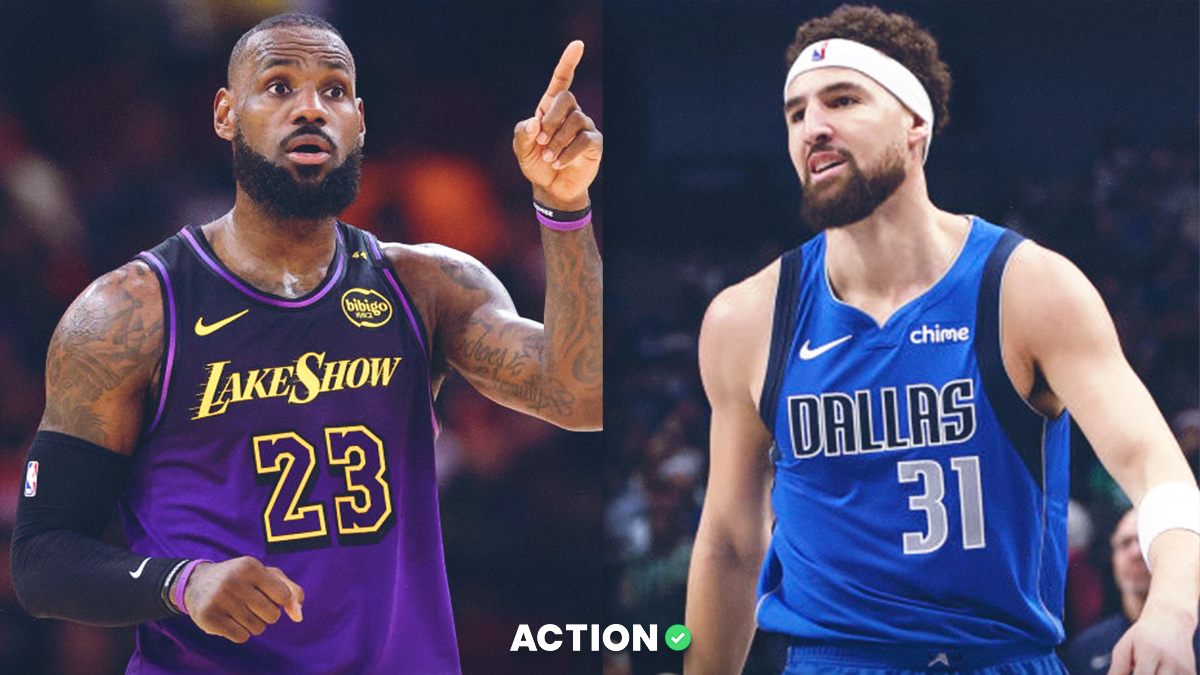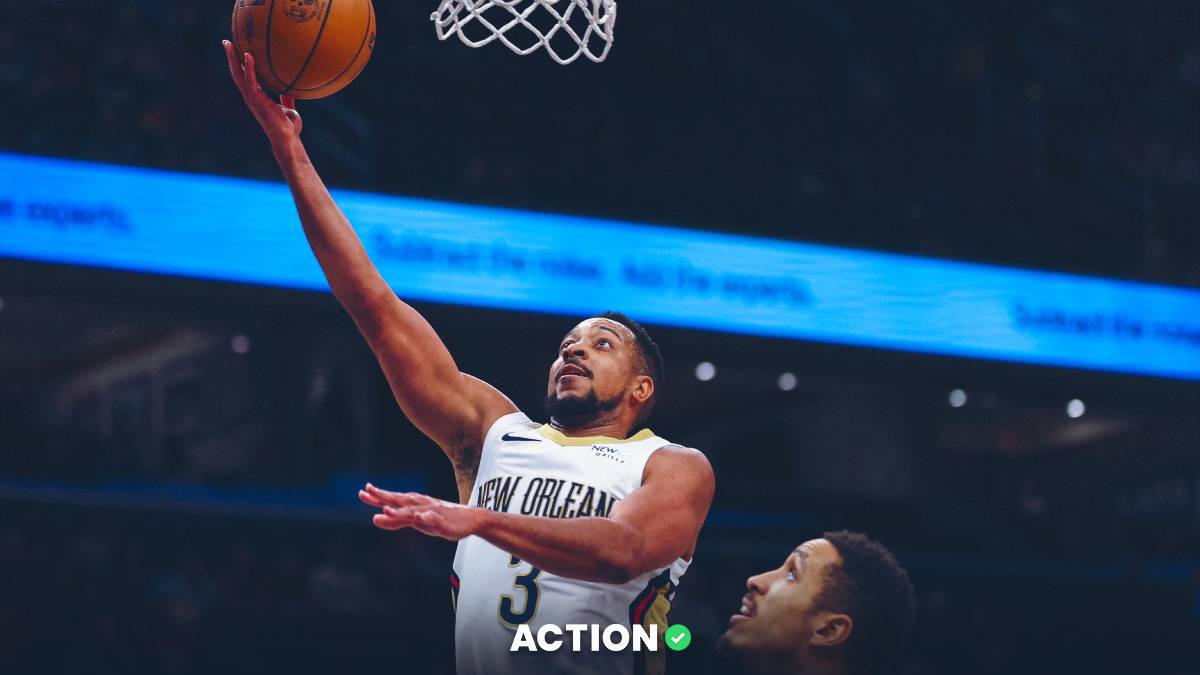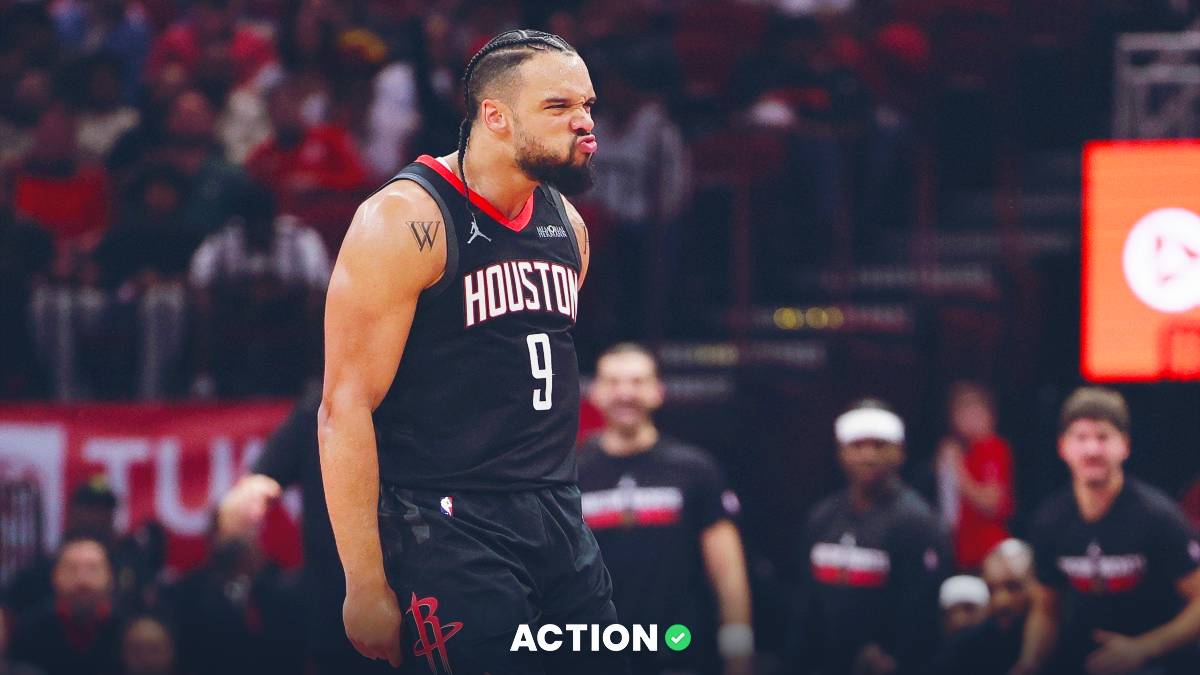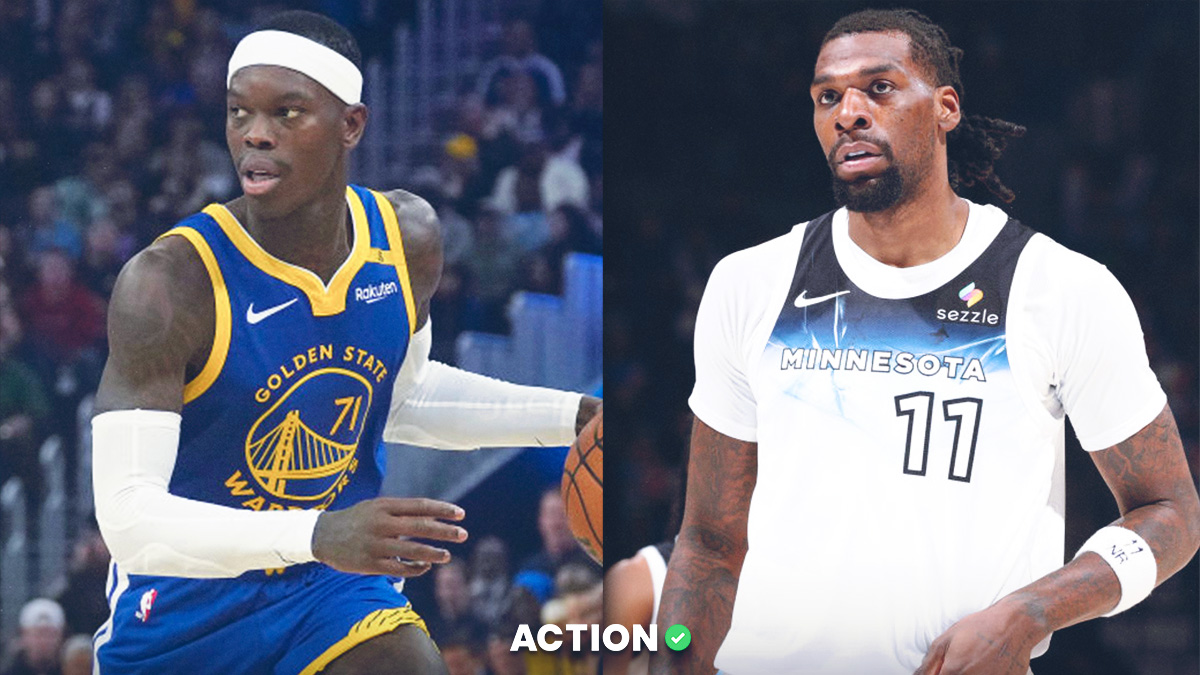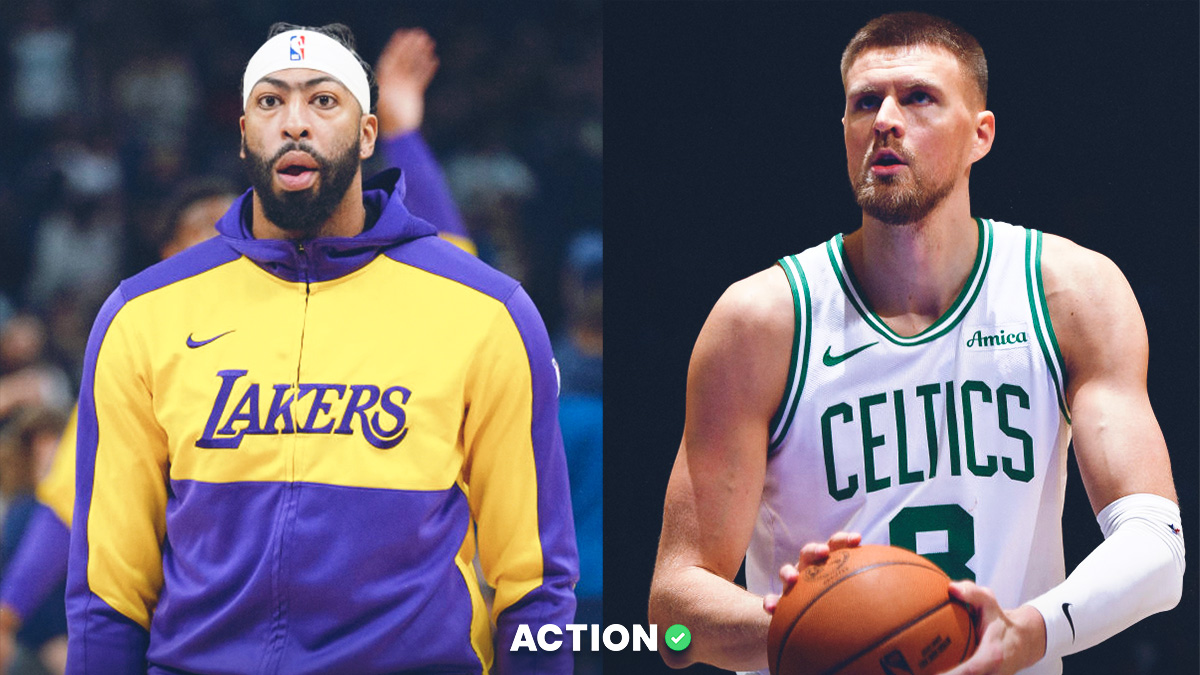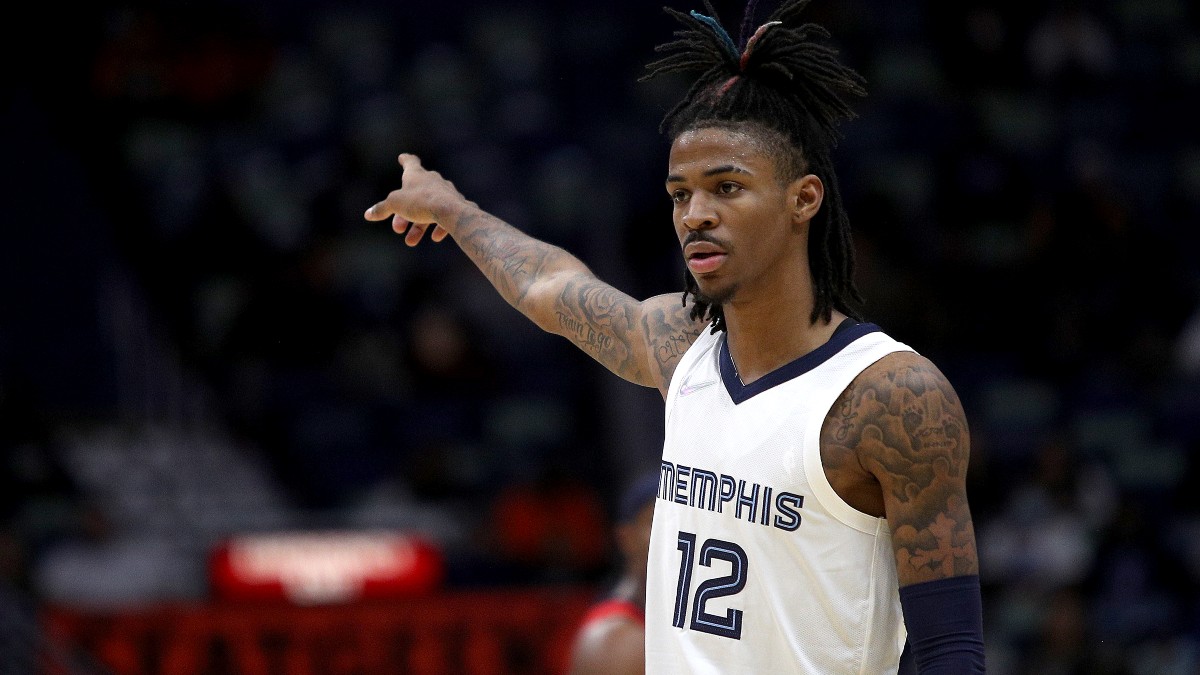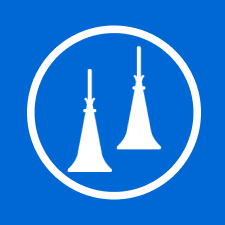The Golden State Warriors are perhaps the most publicly-bet team in sports. That probably comes at no surprise given they're the winners of three of the last four NBA championships and have a whole starting five full of All-Stars.
In the last three seasons — the Kevin Durant Golden State Era — the Warriors have nearly double the amount of games compared to any other team in which they've received at least 70% of the spread bets (via Bet Labs):
In those games, the public has not fared well on the Warriors. When they've received at least 70% public support, they've gone just 60-73-3 (45.1%) against the spread (ATS), losing $1,597 for a $100 bettor — the worst mark of any team.
Likewise, sharp bettors and those fading the Warriors have done well, especially in Oracle, where the Dubs have gone 17-26-2 ATS as a heavy public team over the last three years.
That has not changed in the NBA Finals through two games. Despite Kevin Durant being out, the Warriors closed with 66% of the spread bets in Game 1 and a whopping 71% in Game 2.
What has been incredibly interesting, though, is how the betting market has shifted despite that public support. In Game 1, the Warriors opened as 1.5-point favorites; they closed as 1.5-point underdogs. It happened again in Game 2, when they opened as one-point favorites but closed at +2 in Toronto.
It's clear the "Pros" and Joes" are diametrically opposed in this series, as the line has shifted heavily in Toronto's favor despite it getting so few total bets.
If you're wondering how rare that is … well, it's quite rare, especially in the NBA Finals. Prior to this year, there had been only four previous instances since 2004 when a team has seen 40% or fewer spread tickets but the line has moved in its favor.
- Game 1, 2005: Spurs vs. Pistons — Spurs covered with minority support
- Game 1, 2011: Heat vs. Mavericks — Heat covered with minority support
- Game 5, 2015: Warriors vs. Cavaliers — Warriors covered with minority support
- Game 5, 2016: Cavaliers vs. Warriors — Cavs covered with minority support
The Pros vs. Joes battle in these Finals isn't just about the spread, though. They've also been at war over the Games 1 and 2 totals.
In Game 1, the over/under opened at 215 and the over ended up getting 62% of the bets; it closed at 212.5. In Game 2, it opened at 215.5, the over received 72% of the bets leading up to game time and still closed at 213.5.
According to Bet Labs, there had been 21 instances before this year's NBA Finals that either side of the over/under had received 40% or fewer bets but the line had moved in its direction.
Those unders — all instances had been unders, as the public loves to bet overs — had gone 14-7 (66.7%), good for a 30.7% Return on Investment (ROI) for sharp bettors.
Games 1 and 2 this season, like the spread, have split, with the over hitting in Game 1 but the under hitting in Game 2.
There had been only five instances since 2004 in which the over got 70% or more bets and the line moved down, which not only happened in Game 2 Sunday night — the line moved two full points! That had happened just once before: Game 3 of the 2012 NBA Finals between the Heat and Thunder. (The under covered in that one.)
Looking ahead to Game 3, it doesn't seem like we have the Pros vs. Joes battle on the spread — at least yet. The Raptors are getting 59% of the bets and 60% of the money, but the market is still in its early stages for this game.
It's possible the sharp bettors are waiting to really get down when definitive word on Kevin Durant and Klay Thompson comes out. (They at least did buy back the Raptors a bit this morning.)
But we do have another potential battle early on for the total. As of Tuesday afternoon, 83% of the bets are on the over. It hasn't really moved much yet, but that could change leading up to Wednesday night. If it moves down again, that will indicate yet another strong stand sharp bettors are making on this total.
Everyone is tuned into the epic battle between the Warriors and Raptors, all the while there's another one behind the scenes in the NBA Finals betting market between the Pros and Joes.


